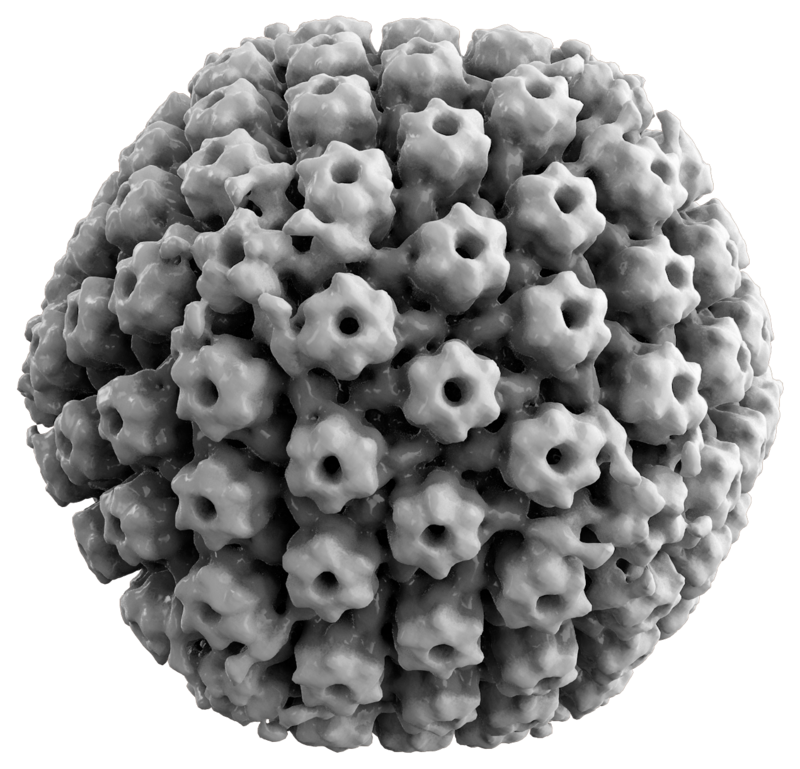
The following content was largely provided by Dr. Abbas to spread awareness about the new clinical trial starting soon at UNMC. To aid in participant recruitment, please share this with those who may be interested in the work.
What is a clinical trial?
While much of medicine is practiced within guidelines and evidence-based practices, getting the evidence for these practices is no small endeavor. This is achieved through the use of clinical trials, or research studies on treatments with good evidence for their potential use which need to be confirmed to work in the patient population. These foundational components of academic medical research pave the way for new treatments and future guidelines, ensuring that medical practice keeps pace with biomedical research.
What is HSV?
HSV (or herpes simplex virus) is a human viral pathogen which infects a large proportion of the population. Colloquially considered a sexually-transmitted infection, HSV comes in two types. HSV-1 is more common throughout the world and generally spread orally, causing cold sores or remaining asymptomatic. HSV-2 is less prevalent and is the type transmitted sexually.
Purpose of the UNMC PRIOH-1 Study:
The purpose of the PRIOH-1 study is to compare the effectiveness of the study drug pritelivir to the drug foscarnet in subjects with compromised immune systems who also have herpes simplex virus (HSV) lesions that have not responded to acyclovir treatment.
What is pritelivir?
The study drug is an investigational medication called pritelivir that you swallow as a tablet. Pritelivir is designed to protect uninfected cells from HSV infection. It is considered “investigational” because it has not been approved by any regulatory agency for treating acyclovir-resistant HSV skin lesions in subjects with compromised immune systems. The other drug in this study, foscarnet, is already approved and is administered through the vein (IV). This study is seeking an alternative to foscarnet that is more effective, safe, and convenient.
Do you have herpes lesions that keep coming back?
You may be eligible for the PRIOH-1 clinical research study. The PRIOH-1 study is for people with weakened immune systems (because of conditions such as HIV infection, organ transplantation, certain cancers, or long-term steroid use) and lesions caused by herpes simplex virus (HSV).
Study participants receive at no cost:
- Possible access to a new study medication called pritelivir
- Some participants may receive foscarnet, an approved treatment for HSV lesions
- Study support and monitoring by a healthcare team
- The opportunity to help advance HSV research
Who can participate?
You may be able to participate in the PRIOH-1 study if you are 16 years of age or older with a weakened immune system and an acyclovir-resistant HSV infection (skin lesions), requiring a switch to foscarnet treatment. Other criteria will apply.
About the study:
If you agree to participate and meet all eligibility criteria for Part C, you will be randomly assigned to receive either the study drug pritelivir or foscarnet. You have an even chance of receiving the study drug or approved drug. Those taking pritelivir will take an initial dose of 4 tablets, and then you will take one tablet each day. Those taking foscarnet will receive an hour-long IV infusion from study staff two or three times each day. You will visit the clinic weekly during the treatment period, so the study team can assess your lesions.
Study length:
Your participation in this study may last up to 152 days, depending on how long your treatment period lasts and when your lesion heals. The treatment period will continue until complete healing of all lesions or up to 28 days, whichever occurs first. If your lesions have not healed after 28 days, there will be up to 14 additional treatment days.
For more information regarding this study, you can contact florescuresearchteam@unmc.edu or call (402) 836-9265.